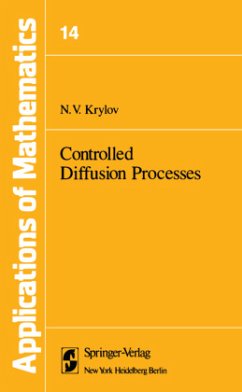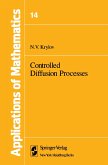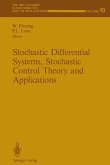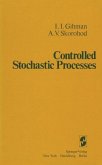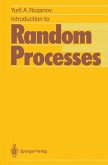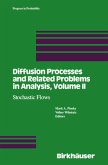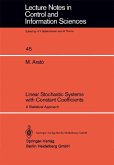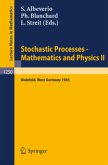Stochastic control theory is a relatively young branch of mathematics. The beginning of its intensive development falls in the late 1950s and early 1960s. During that period an extensive literature appeared on optimal stochastic control using the quadratic performance criterion (see references in W onham [76J). At the same time, Girsanov [25J and Howard [26J made the first steps in constructing a general theory, based on Bellman's technique of dynamic programming, developed by him somewhat earlier [4J. Two types of engineering problems engendered two different parts of stochastic control theory. Problems of the first type are associated with multistep decision making in discrete time, and are treated in the theory of discrete stochastic dynamic programming. For more on this theory, we note in addition to the work of Howard and Bellman, mentioned above, the books by Derman [8J, Mine and Osaki [55J, and Dynkin and Yushkevich [12]. Another class of engineering problems which encouraged the development of the theory of stochastic control involves time continuous control of a dynamic system in the presence of random noise. The case where the system is described by a differential equation and the noise is modeled as a time continuous random process is the core of the optimal control theory of diffusion processes. This book deals with this latter theory.
Hinweis: Dieser Artikel kann nur an eine deutsche Lieferadresse ausgeliefert werden.
Hinweis: Dieser Artikel kann nur an eine deutsche Lieferadresse ausgeliefert werden.
From the reviews:
"The book treats a large class of fully nonlinear parabolic PDEs via probabilistic methods. ... The monograph may be strongly recommended as an excellent reading to PhD students, postdocs et al working in the area of controlled stochastic processes and/or nonlinear partial differential equations of the second order. ... recommended to a wider audience of all students specializing in stochastic analysis or stochastic finance starting from MSc level." (Alexander Yu Veretennikov, Zentralblatt MATH, Vol. 1171, 2009)
"The book treats a large class of fully nonlinear parabolic PDEs via probabilistic methods. ... The monograph may be strongly recommended as an excellent reading to PhD students, postdocs et al working in the area of controlled stochastic processes and/or nonlinear partial differential equations of the second order. ... recommended to a wider audience of all students specializing in stochastic analysis or stochastic finance starting from MSc level." (Alexander Yu Veretennikov, Zentralblatt MATH, Vol. 1171, 2009)

